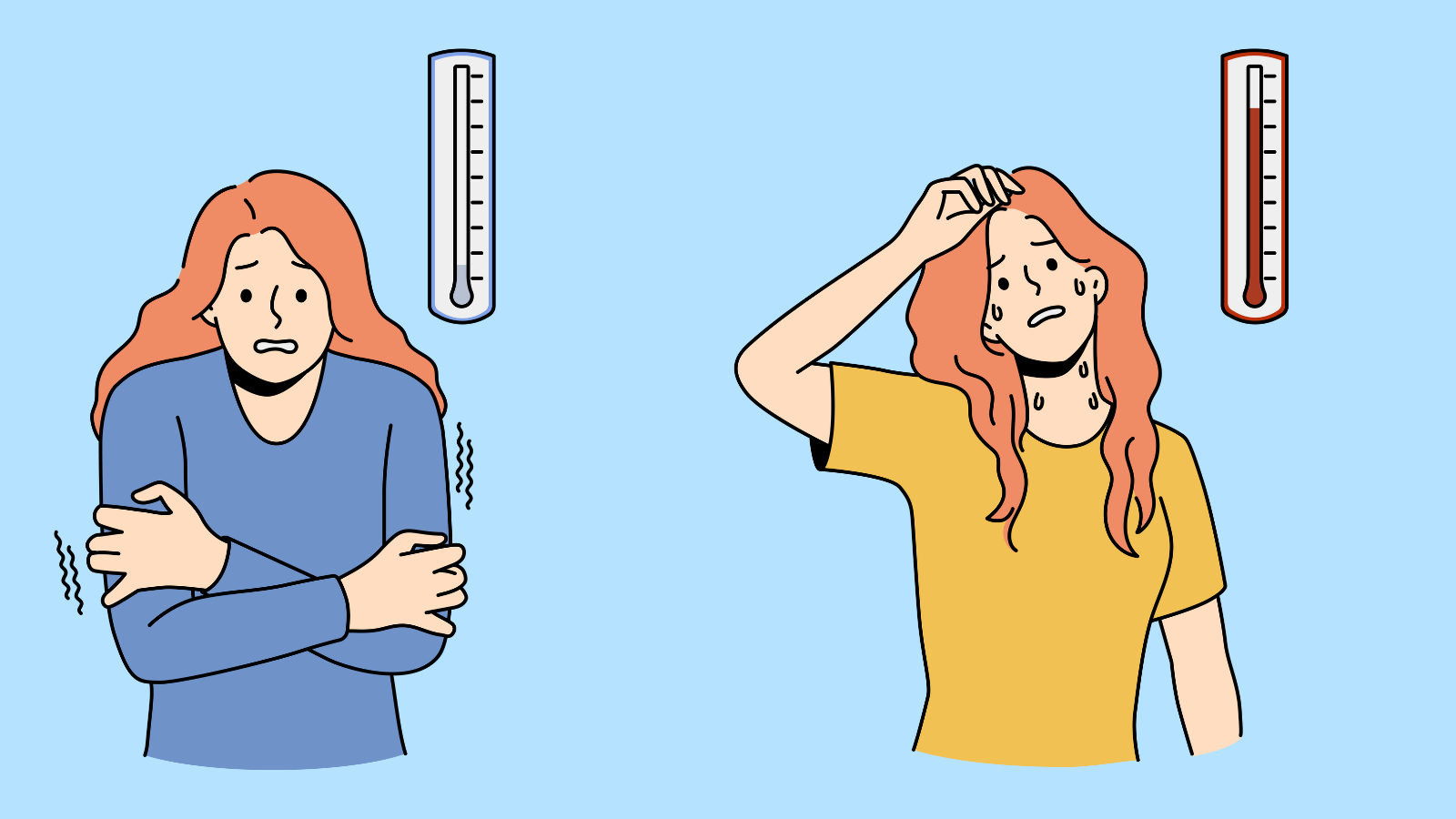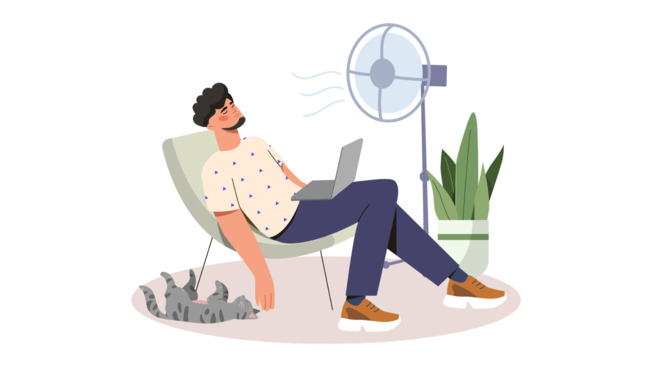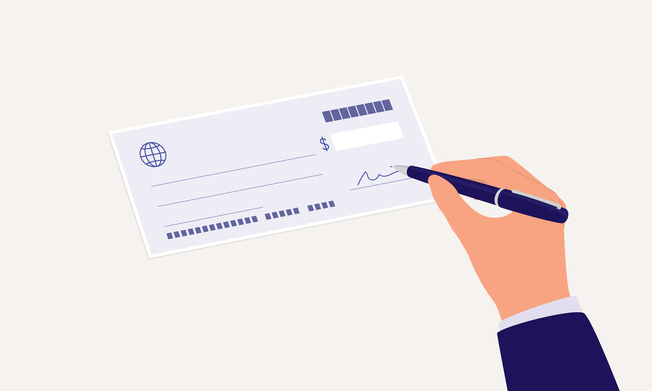
6 Things Every Renter Needs to Know About Apartment Heat
If you’re reading this article, it’s probably that time of the year again. The days are getting shorter, there’s a chill in the air, and you’re looking for ways to warm up. Welcome to apartment heating season. For renters, the topic of apartment heat can be confusing — and for good reason. Rental heating laws vary depending on where you live. In this article, we answer the five apartment heat questions on every renter’s mind.
1. When it comes to apartment heating, what are my rights as a tenant?
All tenants are legally entitled to safe and habitable living conditions, and heat is considered a habitability right (as is hot water). Therefore, landlords and property managers are obligated to provide heat to renters via a heating system in working order.
Beyond this basic right, the specifics are determined by local heat laws. While most rental heating laws require that heat be provided and maintained at a specified minimum indoor temperature, designated temperatures vary. What’s more, heat requirements typically depend on a variety of factors, including the time of the year, the time of day, and the outdoor temperature — all of which can differ by state and sometimes even by city.
2. Can my landlord control the heat?
While landlords and property managers must provide heat, they are under no obligation to give tenants a way to control it. Some apartment buildings have a single thermostat that controls all units and is accessible only to the landlord or property manager. In other apartment complexes, heating systems are set up to include thermostats in every unit.
3. Who pays for heat in an apartment?
Renters who have access to a thermostat in their unit and can set the heat to their desired temperature are more likely to be on the hook for their heating bill. But even when there’s no thermostat in the apartment — meaning that the landlord or property manager controls the heat — that doesn’t necessarily mean the landlord will end up paying for it. Who pays for heat on the utility bill depends on a combination of factors, including rental heating laws and the terms of your lease agreement — so be sure to read it carefully.
4. When should I turn my heat on in my apartment?
If you control the heat in your apartment and are responsible for the bill, deciding when to turn the heat on in your apartment can depend on your budget. Everybody’s idea of the perfect temperature is different. One person’s cozy is another’s inferno, but setting your thermostat somewhere between 68 and 72 during daytime waking hours is a good place to start. If you're looking to lower your heating bill, consider lowering the temperature when you crawl under the covers at night or when you’re away from home. Turning your thermostat down by even just a few degrees can help you save money on your heating bill.
5. What should I do about apartment heat not working?
No heat in the apartment is definitely cause to contact your landlord or property manager. If the heat is broken, they’re legally obligated to fix it. If the temperature is just not quite to your liking, that’s another story. As long as the system is working and heating your apartment to the minimum temperature required by law, you may have to find other ways to keep your apartment warm in winter. Consider DIY solutions like hanging insulated curtains, weatherstripping your windows and doors, and adding throw rugs to bare floors.
6. When will my apartment turn on/off heat?
If you live in a city with a heating season in an apartment where heat is included, you may not have a choice about when your building will turn the heat on or off. For example, in Massachusetts, heating season is between September 15 and May 31 — during which landlords are required to maintain a temperature between 68 and 78 degrees F in each habitable room from 7:00 a.m. to 11:00 p.m. This doesn't mean that heat cannot be turned off at any point during that time, but that the temperature of the unit has to be kept within that range. For more guidance on required minimum and maximum temperatures for your unit, look up your state's specific laws to see if you live in an area with a heating season.
The Bottom Line
Just like some people run hotter than others, so do apartments. Everything from the type of heating system and your location in the building to the number of windows in your unit can impact heating. While the temperature in your rental may not always be just right, there’s no excuse for no heat in cold weather.
Top cities
Atlanta Apartments
1,999 apartments starting at $600/month
Austin Apartments
4,949 apartments starting at $600/month
Baltimore Apartments
1,472 apartments starting at $500/month
Boston Apartments
3,499 apartments starting at $940/month
Charlotte Apartments
2,903 apartments starting at $450/month
Chicago Apartments
4,012 apartments starting at $450/month
Dallas Apartments
5,609 apartments starting at $604/month
Fort Worth Apartments
2,193 apartments starting at $600/month
Houston Apartments
4,504 apartments starting at $590/month
Las Vegas Apartments
1,081 apartments starting at $704/month
Los Angeles Apartments
11,535 apartments starting at $625/month
Miami Apartments
544 apartments starting at $1,000/month
Milwaukee Apartments
928 apartments starting at $465/month
New York Apartments
4,118 apartments starting at $488/month
Oakland Apartments
608 apartments starting at $885/month
Orlando Apartments
842 apartments starting at $825/month
Philadelphia Apartments
3,657 apartments starting at $550/month
Phoenix Apartments
4,153 apartments starting at $599/month
Pittsburgh Apartments
1,223 apartments starting at $600/month
Portland Apartments
2,519 apartments starting at $599/month
Raleigh Apartments
1,367 apartments starting at $750/month
San Antonio Apartments
3,925 apartments starting at $525/month
San Diego Apartments
2,960 apartments starting at $650/month
San Francisco Apartments
436 apartments starting at $675/month
San Jose Apartments
405 apartments starting at $1,300/month
Seattle Apartments
3,623 apartments starting at $450/month
Tampa Apartments
1,078 apartments starting at $800/month
Washington DC Apartments
2,878 apartments starting at $745/month


